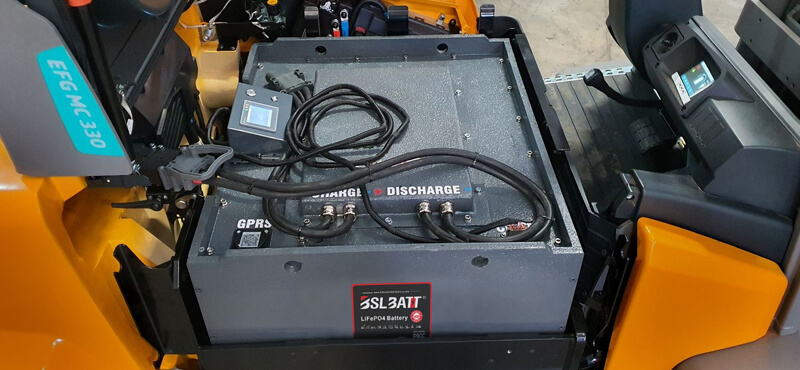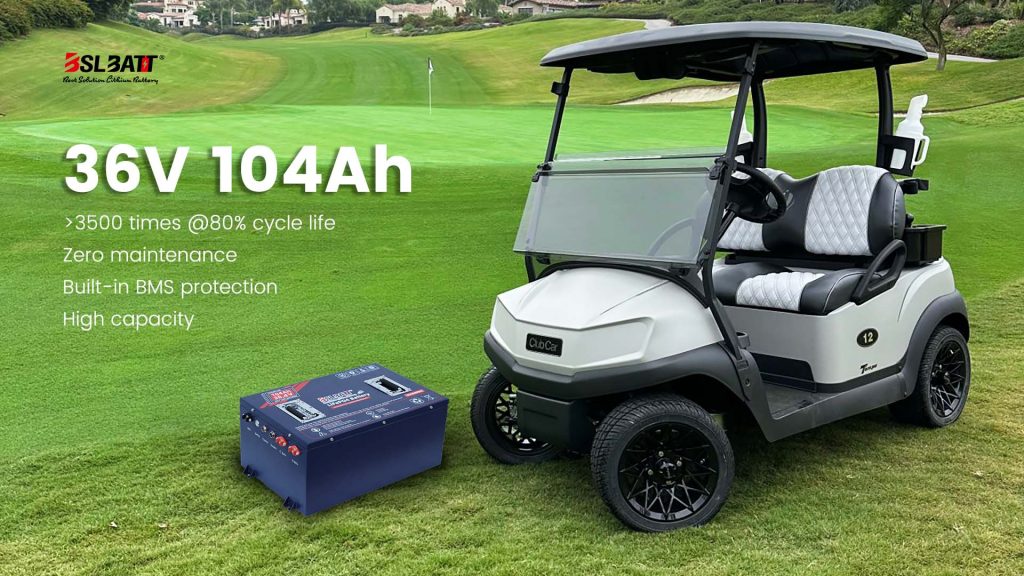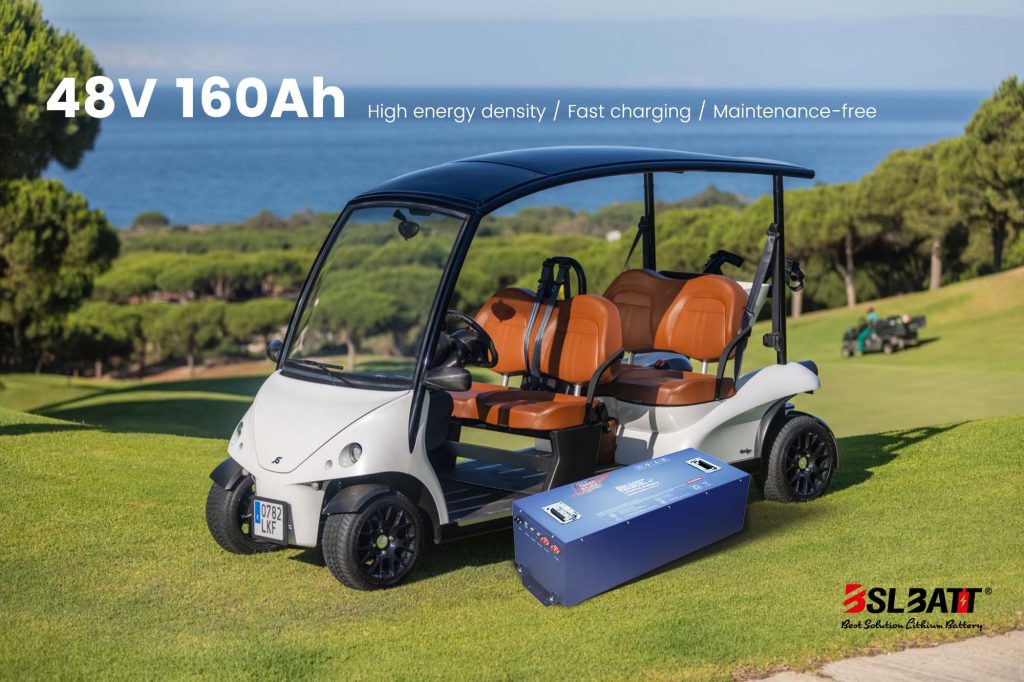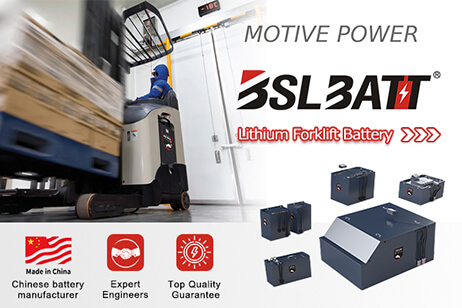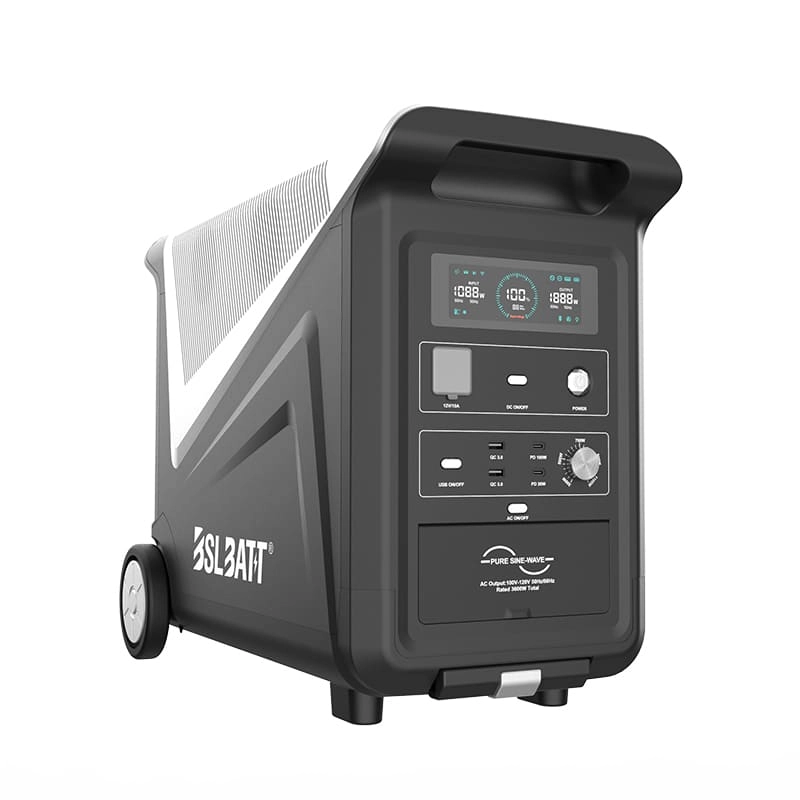Industry Application
Product Type
Why Lithium Marine Batteries are The Best Choice in 2020

Some people say that if you can get beyond the price, owning a lithium marine battery could be the best thing you have ever done for your boating adventures. However, many people are still unsure of whether it is worth it to make the switch or not. If you are not sure why people would even want to give the newest type of battery a try, now is the time to discover what everyone else is talking about. If you’re planning on upgrading your boat in 2020 with the intention of saving money in the long term, then we’ve put together this article to explain why lithium marine batteries are the best bang for your buck. What is the Lithium Marine Battery?The lithium iron phosphate battery is basically a very large cell phone battery for your boat. However, even though it carries the same name as the battery in your phone, you do not have to worry about it exploding or wearing out in a short amount of time. They are ideal for trolling motors or on boats that may depend on a lot of accessories because they are designed to maintain a steady charge. They are also lighter weight than other batteries which makes it possible for you to worry less over the weight of all that you have on board. The main differences between lithium marine batteries and older lead-acid onesLead-acid batteries have been commonly used for the past decade due to their cheap construction and ease of replacement. Some commercial fisherman buys all-new lead-acid batteries for their boats annually simply for peace of mind. They aren’t aware that more energy-efficient solutions exist that can potentially outlive their watercraft. If saving money is an important concern for you, then you may want to take a close look at the other specifications before you go this route and buy an older lead-acid marine battery. To start with, the lifespan of a lead-acid battery is typically around 300 daily cycles. This could last you a bit under a year and much less if you use your boat or yacht on a regular basis. This might seem like a fairly long time, but lithium marine batteries are rated for around 5000 or more daily cycles and this includes regular use. So even though you’re paying 3 to 4 times more than the price of a lead-acid battery, you’re getting anywhere between 16 to 17 times the lifespan, meaning it will last you far longer and be well worth the price. You could end up saving thousands if you switched to using a lithium marine battery instead of an old lead-acid battery for your marine needs. They’re far more efficient than typical lead-acid batteries, they don’t have limited cycle life and they’re also much faster to charge, meaning you can spend more time out on the water and less time waiting for the battery to finish charging. In addition, lithium marine batteries waste far less energy and you can typically use up to 100% of the entire charge. If you leave the battery for long periods of time without use, then they can actually retain their charge very well. They’re also easy to plug in and use immediately on your boat or yacht. There’s virtually zero maintenance and as long as you pick the right charger to use along with your lithium marine battery, you’ll be surprised at how efficient, easy and painless it can be to switch to a lithium marine battery. The Lithium-Ion batteries are unique in that they are not filled with lead-acid and their charge depletion remains steady, even if the battery starts to run low on power. This means that when you are using it on your trolling motor and boat accessories, you do not need to worry about the battery charge simply becoming too low to turn over your motor. The differences between a lithium marine battery and a lead-acid battery are often enough to convince people to switch, but what exactly is it about a lithium marine battery that makes it the clear winner? Let’s take a look at some other advantages that you can expect to see when you make the change. Other advantages of using a lithium marine battery for your boat or yachtLithium marine batteries come with a huge number of advantages when compared to lead-acid batteries, but one of the often-overlooked factors is the huge weight savings. Most boats require multiple batteries to power all of the gadgets on board, so using lithium instead of lead can potentially shave hundreds of pounds- boosting performance and reducing fuel in the process. Another big advantage is being able to output a constant voltage for longer when discharging the battery. A common fault of lead-acid batteries is their inability to provide a stable voltage even if the battery is far from being completely discharged. This can result in appliances turning on and off, flickering in lights and even shutting down vital support systems that you might be using such as medical equipment or computers. Even if a lithium marine battery is running on as little as a 5% charge, it will still remain stable. It was mentioned previously, but lithium marine batteries are much faster charging than lead-acid counterparts, meaning that you can spend less time waiting for the battery to charge and more time actually using it. Of course, the way it charges will vary depending on the charger you use and the condition of the battery, but there’s no doubt that it will absolutely beat out a lead-acid battery in terms of speed and efficiency. This means you can be more spontaneous with your marine activities and won’t need to spend time charging before you head out. Lastly, lithium marine batteries have a much lower rate of self-discharge when compared to lead-acid counterparts. If you’ve ever used a lead-acid battery, then you’ll know how frustrating it can be to constantly charge it because it’s losing charge due to not being used. This is incredibly inconvenient especially if you seldom use your boat and can result in very long charge times just to top it up before you head out. In comparison, lithium marine batteries can be left unattended for months and they’ll typically retain most of their charge. It’s not completely immune to discharge but it’s far better than lead-acid batteries. This also helps to protect the battery from sulphation which could lead to a damaged battery. Why People Love Lithium Marine BatteriesMany people love these batteries because of the simple fact that they weigh less. By keeping the battery lighter, they can have a higher top speed on their smaller boat. They also enjoy knowing that whereas their normal battery will last only a year or two, Lithium-Ion batteries such as the battery tender battery could possibly outlive their boat’s life. It is a single investment that they do not have to worry they may be wasting money on. These batteries have a good warranty and are just, in general, more what boaters want on board. |
A Guide to Choosing the Best 48V Lithium Golf Cart Battery
Would it be worth investing in a 48V ...
10 Exciting Ways To Use Your 12V Lithium Batteries
Back in 2016 when BSLBATT first began designing what would become the first drop-in replacemen...
BSLBATT Battery Company Receives Bulk Orders from North American Customers
BSLBATT®, a China Forklift battery manufacturer specializing in the material handling indust...
Fun Find Friday: BSLBATT Battery is coming to another great LogiMAT 2022
MEET US! VETTER’S EXHIBITION YEAR 2022! LogiMAT in Stuttgart: SMART – SUSTAINABLE – SAF...
Looking for new Distributors and Dealers for BSL Lithium Batteries
BSLBATT battery is a fast-paced, high-growth (200% YoY ) hi-tech company that is leading the a...
BSLBATT to Participate at MODEX 2022 on March 28-31 in Atlanta, GA
BSLBATT is one of the largest developers, manufacturers, and integrators of lithium-ion batter...
What makes the BSLBATT the Superior Lithium Battery for your Motive Power needs?
Electric forklift and Floor Cleaning Machines owners who seek the ultimate performance will fi...








